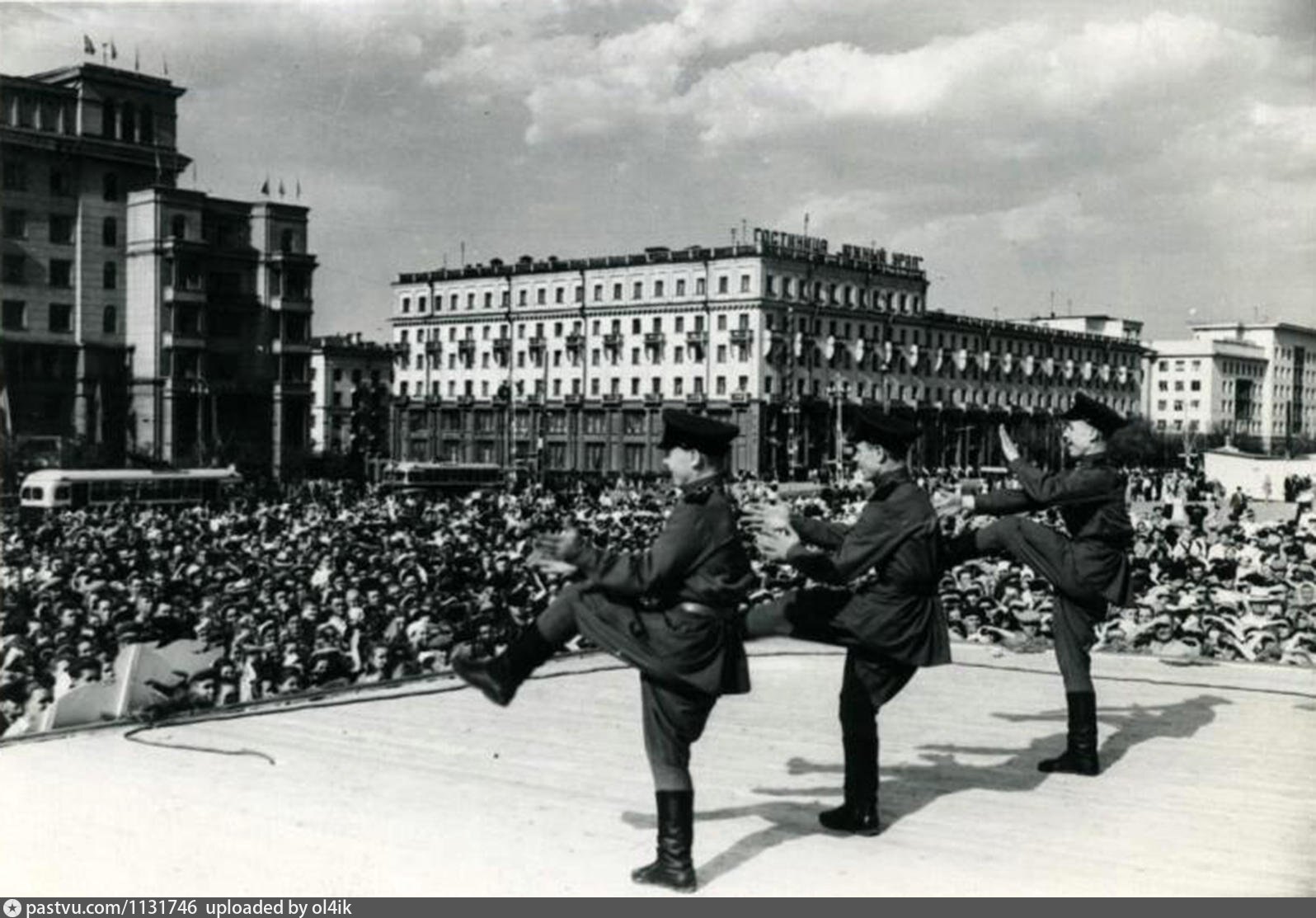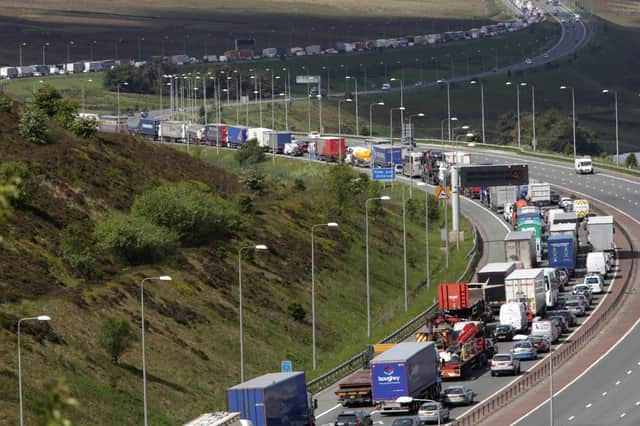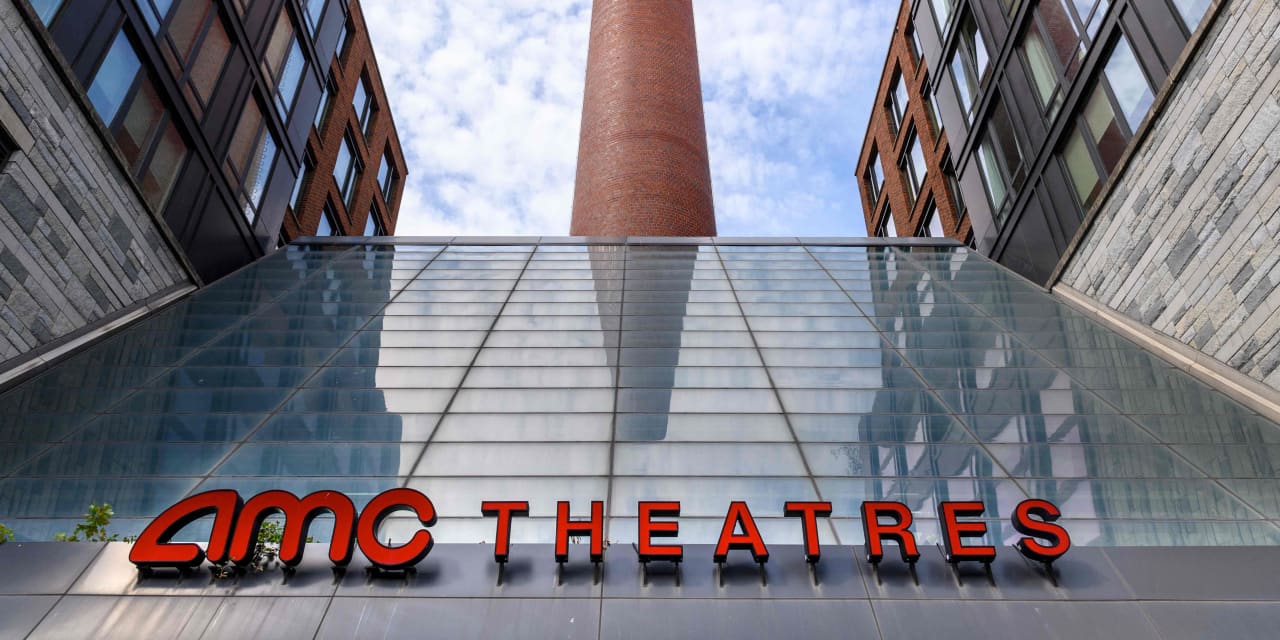The Unbuilt M62 Relief Road: Bury's Bypassed Future

Table of Contents
The Genesis of the Proposed M62 Relief Road
The idea of an M62 relief road for Bury emerged in response to the town's growing traffic problems. As Bury's population and economy expanded, particularly during the latter half of the 20th century, the existing road network struggled to cope. Journey times increased, leading to significant delays and economic inefficiencies. The proposal aimed to alleviate this pressure by creating a bypass that would divert traffic away from the town centre, improving journey times and boosting economic activity.
Key stakeholders involved in the initial proposal included Bury Council, Greater Manchester Combined Authority, Highways England (formerly the Highways Agency), and various local and regional transport authorities. The project garnered significant support due to its potential benefits:
- Reduced Congestion: The primary aim was to significantly reduce traffic congestion in Bury town centre, improving the flow of traffic and reducing journey times for commuters and businesses.
- Improved Journey Times: A new bypass would offer a faster route for vehicles travelling to and from the M62, benefiting both local residents and businesses reliant on efficient transportation links.
- Economic Benefits: Proponents argued that improved transport links would attract investment, stimulate economic growth, and create new job opportunities.
Initial plans included several proposed routes, each with its own set of environmental and social implications. Public consultations were held, generating a mixed response with initial support largely outweighing concerns.
Why the M62 Relief Road Never Materialised
Despite initial enthusiasm, the M62 relief road never progressed beyond the planning stage. Several significant obstacles prevented its construction:
- Environmental Concerns: Proposed routes often traversed areas of green belt land and potentially impacted wildlife habitats, sparking significant opposition from environmental groups and concerned residents. The environmental impact assessment became a major point of contention.
- Cost Overruns and Budgetary Constraints: The estimated cost of the project proved significantly higher than initial projections, leading to budgetary constraints and making it difficult to secure the necessary funding. Economic downturns also played a role.
- Opposition from Local Communities and Pressure Groups: Strong opposition from local communities and pressure groups, citing concerns about noise pollution, disruption during construction, and the loss of green spaces, hampered progress.
- Changes in Government Policy and Transport Priorities: Shifts in government priorities and changes in national transport policy redirected funding towards other infrastructure projects, ultimately leaving the M62 relief road unfunded.
- Potential Legal Challenges and Planning Objections: Numerous legal challenges and planning objections further delayed the project, adding to the mounting costs and complexities.
The Long-Term Impact on Bury
The failure to build the M62 relief road has had profound and lasting consequences for Bury:
- Continued Traffic Congestion: Bury continues to suffer from significant traffic congestion, impacting businesses, commuters, and residents alike. This leads to increased journey times, reduced productivity, and frustration.
- Impact on Air Quality and Public Health: High levels of traffic congestion contribute to poor air quality, negatively affecting public health and increasing respiratory illnesses.
- Effects on Local Businesses and Accessibility: The lack of improved transport infrastructure has hampered the growth and accessibility of local businesses, hindering economic development.
- Missed Opportunities for Economic Growth and Development: The town has missed out on significant opportunities for economic growth and development that a new bypass could have facilitated.
- Comparison with Other Towns: A comparison with other towns that successfully built similar relief roads highlights the missed opportunities for economic growth and improved quality of life experienced by Bury.
Alternative Solutions and Future Prospects
In the absence of the M62 relief road, Bury has explored alternative strategies to manage traffic congestion:
- Improved Public Transport Infrastructure: Investment in bus lanes and improved train services aims to encourage the use of public transport and reduce reliance on private vehicles.
- Cycling and Walking Initiatives: Initiatives to improve cycling and walking infrastructure aim to provide alternative, sustainable modes of transport.
- Smart Traffic Management Systems: The implementation of smart traffic management systems aims to optimize traffic flow and reduce congestion in real-time.
- Potential Future Plans for Road Improvements or Bypasses: While a full-scale M62 relief road remains unlikely, there may be future plans for smaller-scale road improvements or bypasses to address specific congestion hotspots.
Conclusion: Bury's Unbuilt Future – A Case Study of Unfulfilled Potential
The failure to build the M62 relief road represents a significant missed opportunity for Bury. A confluence of environmental concerns, budgetary constraints, community opposition, and shifting government priorities ultimately stalled the project. The lasting impact on Bury's infrastructure, economy, and environment is undeniable. The case of the unbuilt M62 relief road serves as a valuable case study, highlighting the complex interplay of factors influencing major infrastructure projects. It underscores the importance of thorough planning, community engagement, and realistic cost assessments.
To ensure Bury's future transport needs are met, active participation in local council initiatives and expressing views on future transport planning are crucial. Let's work together to find efficient solutions for Bury's transport challenges, drawing valuable lessons from the M62 relief road saga. Engage with local authorities, share your opinions on "Bury transport," explore "M62 alternatives," and advocate for effective "local infrastructure improvements." The future of Bury's transport network is not set in stone; your voice matters.

Featured Posts
-
 Unlocking Ai And Automation Potential Orchestration At Camunda Con 2025 Amsterdam
May 24, 2025
Unlocking Ai And Automation Potential Orchestration At Camunda Con 2025 Amsterdam
May 24, 2025 -
 Rayakan Seni Dan Otomotif Di Porsche Indonesia Classic Art Week 2025
May 24, 2025
Rayakan Seni Dan Otomotif Di Porsche Indonesia Classic Art Week 2025
May 24, 2025 -
 Trogatelniy Vecher Pamyati Sergeya Yurskogo V Teatre Mossoveta
May 24, 2025
Trogatelniy Vecher Pamyati Sergeya Yurskogo V Teatre Mossoveta
May 24, 2025 -
 Controversial Hamilton Remarks Draw Ire From Ferrari Boss
May 24, 2025
Controversial Hamilton Remarks Draw Ire From Ferrari Boss
May 24, 2025 -
 Planned M62 Westbound Closure Resurfacing Between Manchester And Warrington
May 24, 2025
Planned M62 Westbound Closure Resurfacing Between Manchester And Warrington
May 24, 2025
Latest Posts
-
 Apple Stock Aapl Predicting The Next Key Price Levels
May 24, 2025
Apple Stock Aapl Predicting The Next Key Price Levels
May 24, 2025 -
 Apple Stock Suffers Setback Amidst 900 Million Tariff Projection
May 24, 2025
Apple Stock Suffers Setback Amidst 900 Million Tariff Projection
May 24, 2025 -
 Boosting Collaboration Bangladeshs Return To European Markets
May 24, 2025
Boosting Collaboration Bangladeshs Return To European Markets
May 24, 2025 -
 Apple Stock Plunges 900 Million Tariff Impact
May 24, 2025
Apple Stock Plunges 900 Million Tariff Impact
May 24, 2025 -
 Bangladesh And Europe A Collaborative Approach To Economic Development
May 24, 2025
Bangladesh And Europe A Collaborative Approach To Economic Development
May 24, 2025
